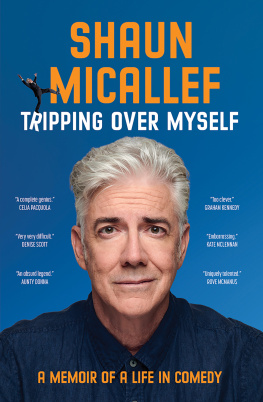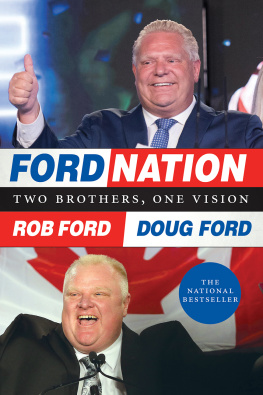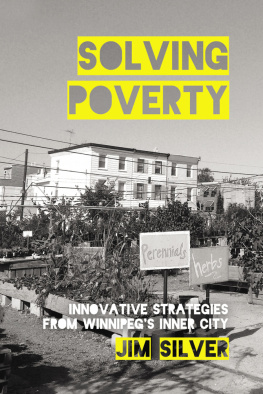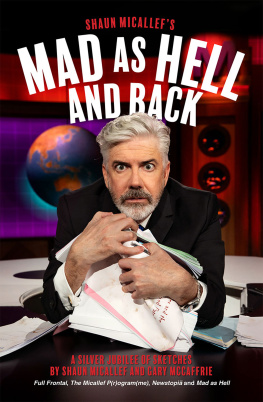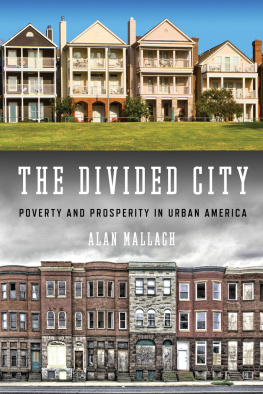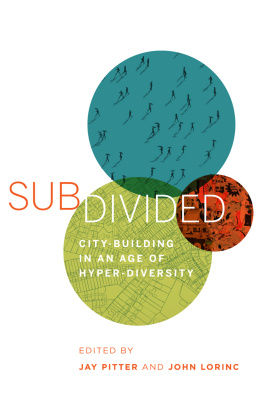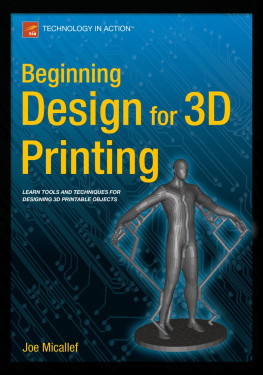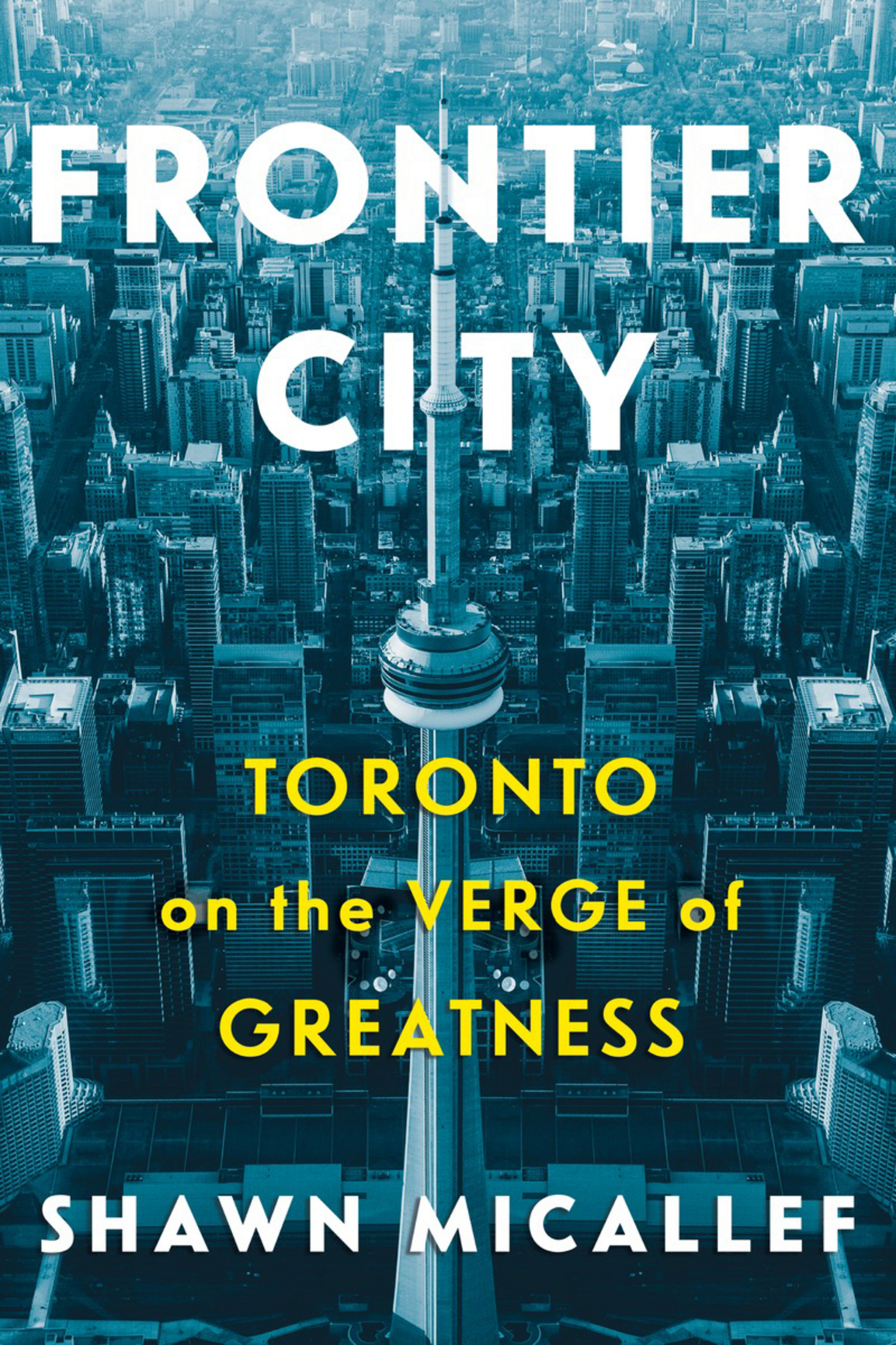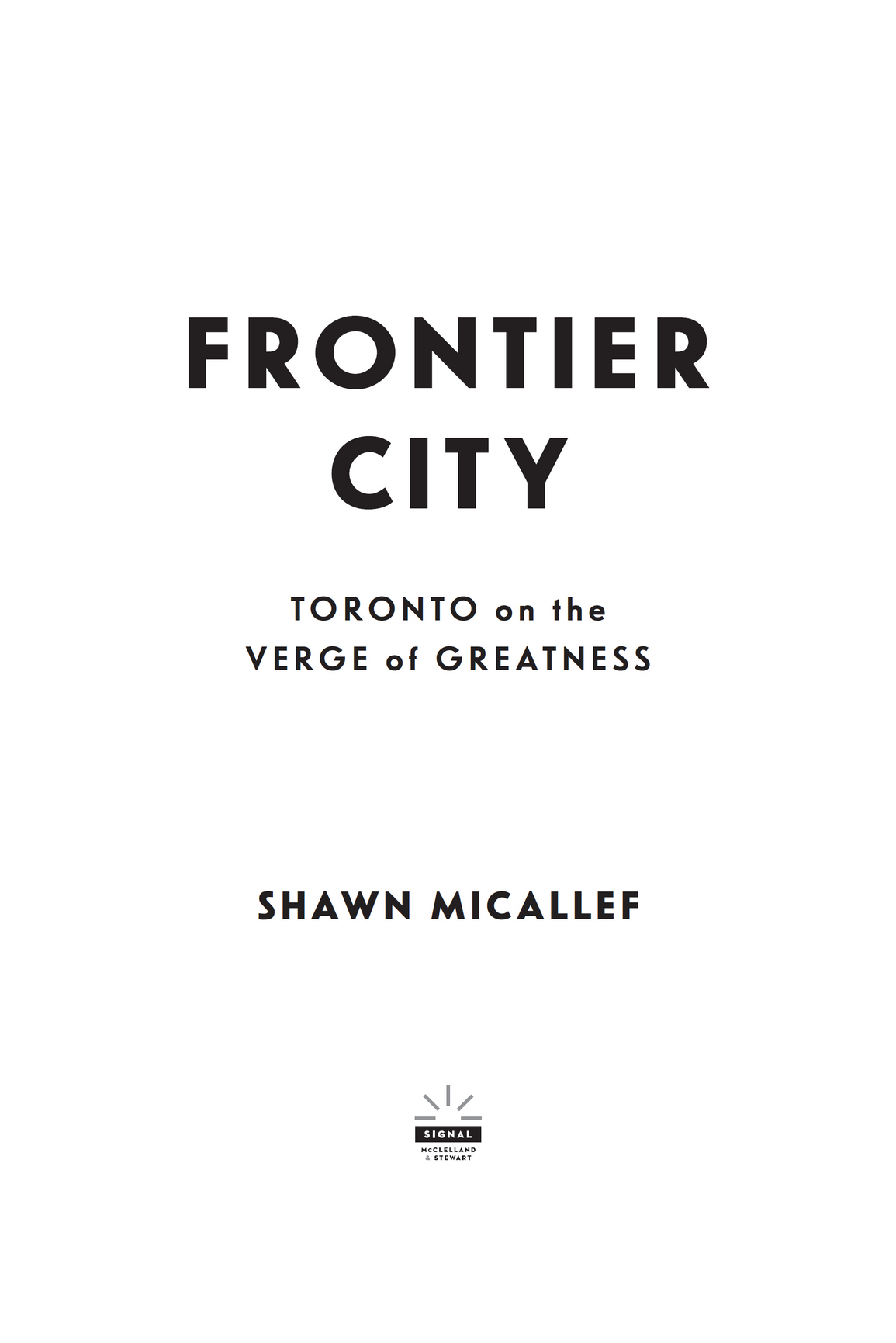Contents
Copyright 2016 by Shawn Micallef
Hardcover edition published 2016
Signal is an imprint of McClelland & Stewart, a division of Penguin Random House Canada Limited, a Penguin Random House Company
Signal and colophon are registered trademarks of McClelland & Stewart
All rights reserved. The use of any part of this publication reproduced, transmitted in any form or by any means, electronic, mechanical, photocopying, recording, or otherwise, or stored in a retrieval system, without the prior written consent of the publisher or, in case of photocopying or other reprographic copying, a licence from the Canadian Copyright Licensing Agency is an infringement of the copyright law.
Grateful acknowledgement is given to the following for permission to reproduce copyrighted material:
from ALL THE KING S MEN 2006 Columbia Pictures Industries, Inc.
All Rights Reserved. Courtesy of Columbia Pictures.
from SUBDIVISIONS . Words by NEIL PEART Music by GEDDY LEE and ALEX LIFESON . 1982 CORE MUSIC PUBLISHING . All Rights Reserved.
Used by Permission ALFRED MUSIC
Library and Archives Canada Cataloguing in Publication is available upon request.
ISBN 978-0-7710-5932-2
ebook ISBN 978-0-7710-5933-9
Cover photograph: SoTeeOh / www.soteeoh.com
Published by Signal, an imprint of McClelland & Stewart, a division of Penguin Random House Canada Limited, a Penguin Random House Company
www.penguinrandomhouse.ca
v4.1
a
Dedicated to the memory of Dr. Martha Lee, for making things like this seem so vital in first year political science, and for encouraging me to pursue them.
CONTENTS
INTRODUCTION
A CITY ELECTION is like a civic autopsy. The corpse lies bare, its internal workings exposed: the diseased tissue is isolated; the torn aorta inspected; and the organs failure examined. Yet in this kind of post-mortem the body on the table isnt dead. The city moves onward, animated as ever, pausing only for a rare moment of self-examination while the competing pathologists offer theories to explain its damaged condition. During an election, we are free to talk openly about whats wrong with the city, and to look to a brighter future. Usually, when not compelled to pay attention to municipal affairs, residents are content to play ostrich, raising their heads only for the occasional issues that affect them directly.
Toronto is a place that everyone thought they understood. It was a little predictable, not prone to dramatics, maybe even boring. Its politics, like those of all Canadian cities, were overlooked in favour of provincial and federal intrigues. Cities took care of garbage collection and parking violations, not the really important or particularly interesting stuff. Toronto had always worked fairly well historically, so nobody really had to pay attention, it was just going to carry on as it always did. In 2010 Toronto suddenly was very interesting to the people who live here, and ones further afield. City hall became something not just policy wonks paid attention to, and was maybe a bit too interesting for those here. Toronto had never been the Jimmy Kimmel kind of interesting, but suddenly there was the mayor sitting next to him, taking jokes like a boxer takes punches as he goes down.
Research for this book began at the height of civic drama in Toronto during the last year of Rob Fords mayoralty in 2014, before he dropped out of the race following his cancer diagnosis. Its a challenge to get back into the headspace of those days because it seems almost unbelievable now, like some wild, fictional potboiler on the city politics of some mercurial burg.
The city lurched from one leadership crisis to another and international news media were routinely camped out at city hall, their satellite trucks parked in a row outside. There was a sense here of things coming undone, that the foundation civil society had relied on for decades was unsound and that bedrock institutions no longer mattered. Truth even seemed under attack, and endless fact checking by reporters didnt matter much, foreshadowing the rise of Donald Trump.
How did Rob Ford arrive at the top of Toronto? What was happening in the city? What did Rob Ford mean? These are all questions Torontonians and others asked themselves over and over, most without receiving satisfactory answers. Into that void came crude caricatures of the kind of person who would vote for Ford: dumb people; selfish rich people; philistines; car drivers, SUV drivers, suburban people, even. The city needed somebody to blame for Rob Ford.
Beyond Fords personal tale, the details of which everyone knows too much about, there is a more complex Toronto story thats still vital and current. Somebody like Rob Ford, could become mayor again, and the cause, the thing to blame, is the city itself, not any one kind of person or particular political ideology.
Thats why Toronto today is so hard to understand or to neatly put in a box. Mayoral election campaigns try to appeal to everyone and are reduced, by necessity, to focusing on a few issues. Sometimes an entire election can hinge on just one issue, such as a subway, taxes, or a bridge to an island airport. Mayoral elections suck up all the media oxygen too, and obscure the other hundreds of races going on, where the complex nature of this place is more readily apparent.
To get a read on the city close to the ground, I went for walks with ten people who ran for city council and with two who were vying for school board trustee positions. We walked and talked and looked. They showed me their Toronto: the streets, the parks, the shops, and the people they interacted with every day, the people and places that, in part, caused them to undertake something that would consume nearly a year of their lives without the celebrity that comes with the mayoral race. These conversations shared their intimate view of Toronto, and its issues right now, and showed why someone like Rob Ford could be elected again here or elsewhere if such problems arent addressed. Like a good city walk, there were ample opportunities for diversion and to follow interesting side streets of thought and ideas to see where they led.
All the candidates I walked with were underdogs. As non-incumbents in local races, where name recognition is everything, they faced a considerable challenge. The underdogs view has value, though, an enlightened position at the street level that looks up and critiques power rather than trying to hold on to it. The cracks are always visible from below, and these candidates listened to people at the door every day, absorbed their worries and city views, and shared some of them with me while we were on the streets exploring. These candidates heard about the discontent in Toronto first-hand and knew why so many good and decent people voted for a Rob Ford.


